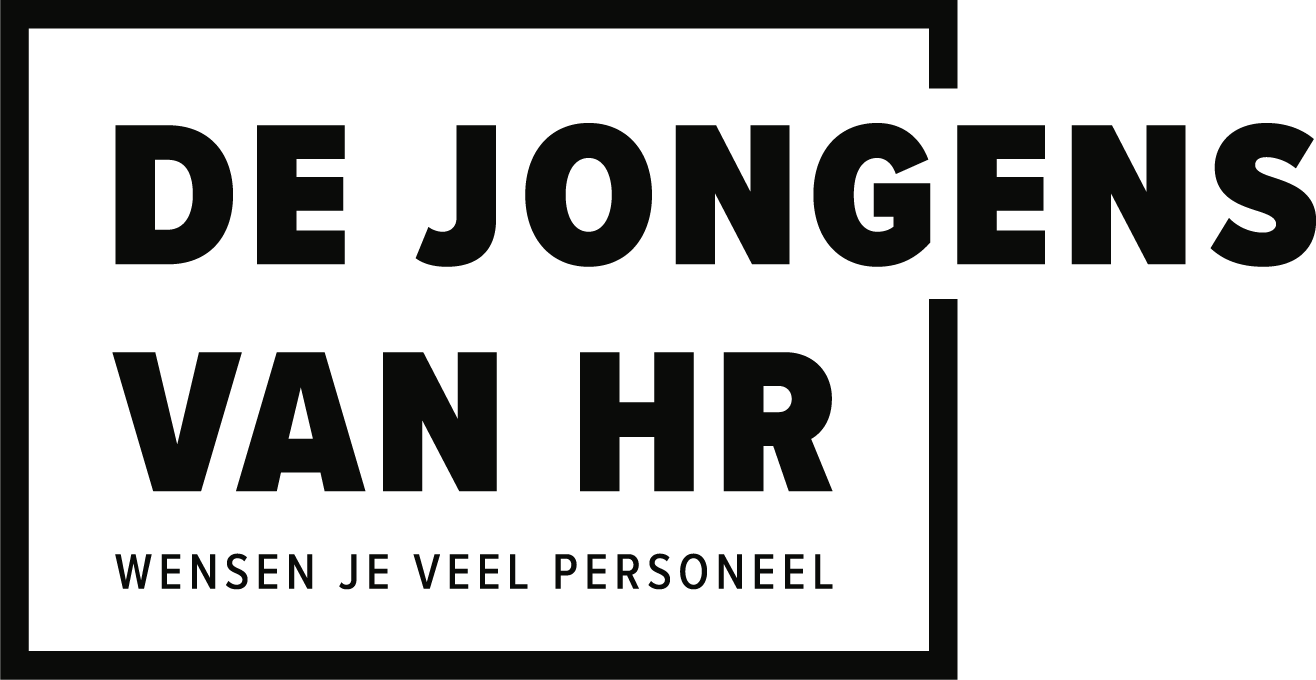EMPLOYMENT
What is job happiness and why is it important? Work happiness does not consist only of enjoying your work; there are many more factors involved. When having job happiness, you derive satisfaction from your work, are stimulated and get excited. This will keep you motivated.
Work happiness does depend on several factors, such as your colleagues, your workplace, your home situation and so on. As a company, it is important to find out what work happiness means to your employees.

HAPPINESS FACTORS IN THE OFFICE
The biggest misconception is that handing out big paychecks and perks is the most important thing for employees. Of course every employee likes this, but it doesn’t keep them happy. Work happiness is an element to be prioritized. Improving job happiness can be achieved through several factors:
- Give your employee interesting and meaningful things.
- Give your employee recognition and appreciation.
- Create a good work-life balance, for example by
hybrid working
. - Create a powerful employer brand, give your employees a sense of pride.
- Establish trust and respect.
- Reward your employees’ hard work, provide advancement opportunities.
- Offer transparency, this ensures proper expectations.
WHERE DOES WORK HAPPINESS BEGIN?
According to Mo Gawdat, work happiness begins at the top. If the head of an organization is not happy, there is no one action that will make an organization happier. The top of a company must understand that workplace happiness is necessary to achieve the very best results. If you as a manager are happy, so will your team and your organization. Work happiness is contagious.
WHAT DOES WORK HAPPINESS YIELD?
There are certainly benefits to work happiness, of course. For example, research by Caleb Papineau has shown that happy people are up to 31% more productive.Added to this is the fact that job happiness can improve the profitability of organizations by as much as 147%.
So employees who experience job happiness are more productive, but they also work better with colleagues, think more “out of the box” and are more innovative. People who have a positive mood experience less stress and are more resilient, also there is a lower chance of burnout.
